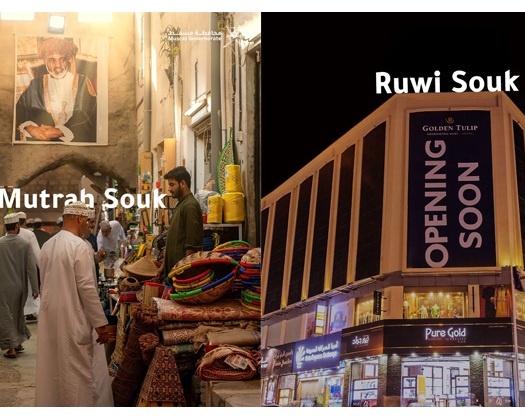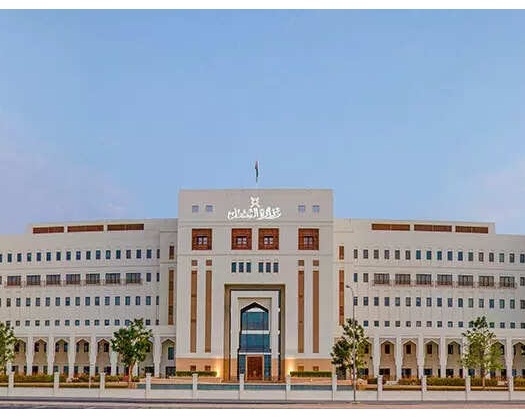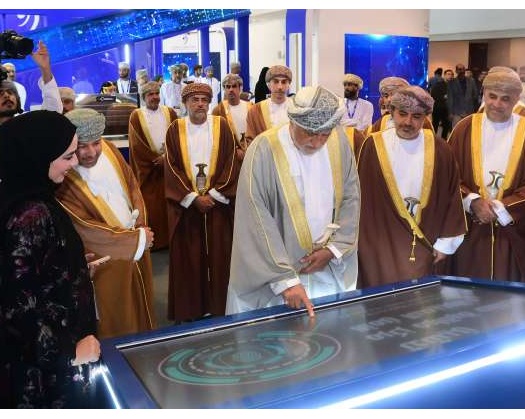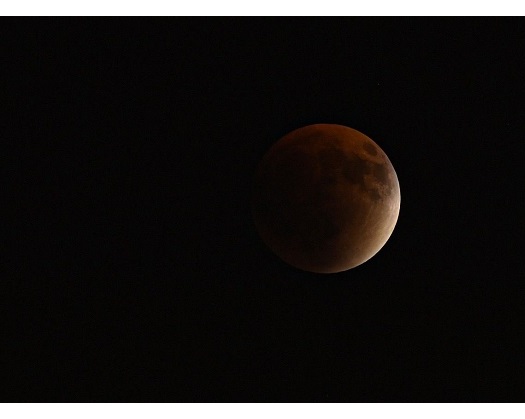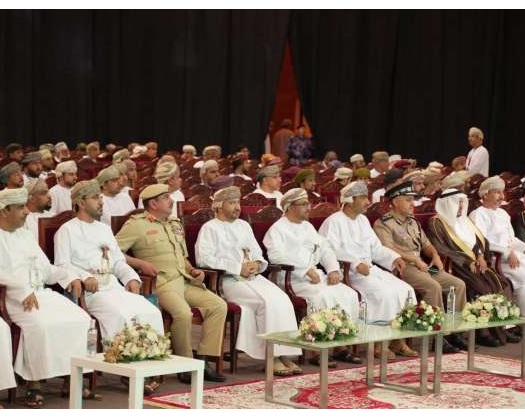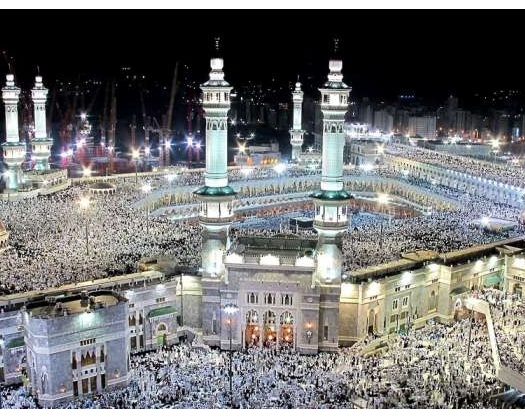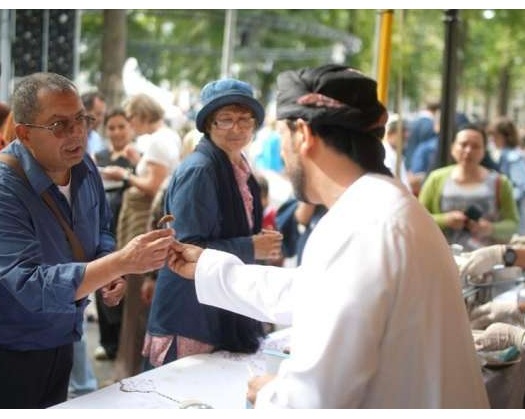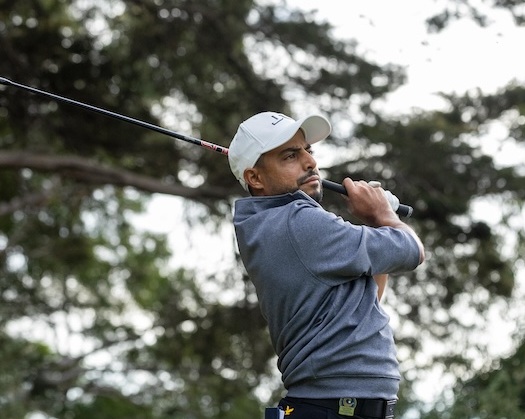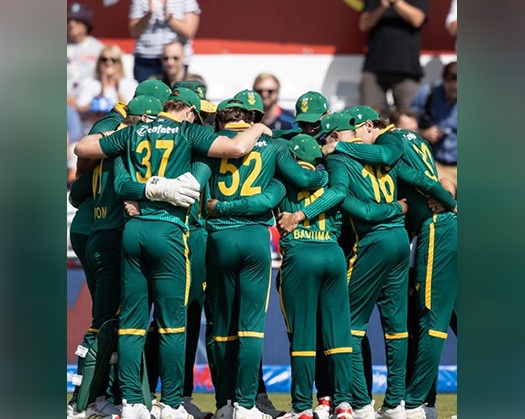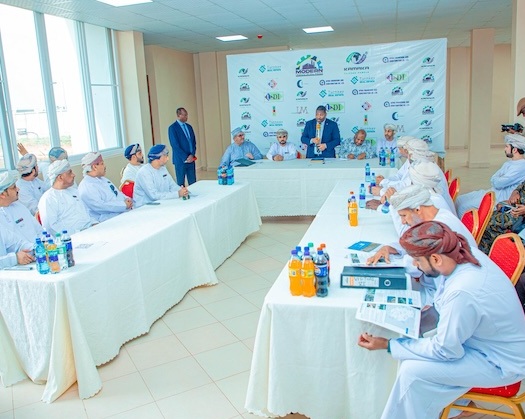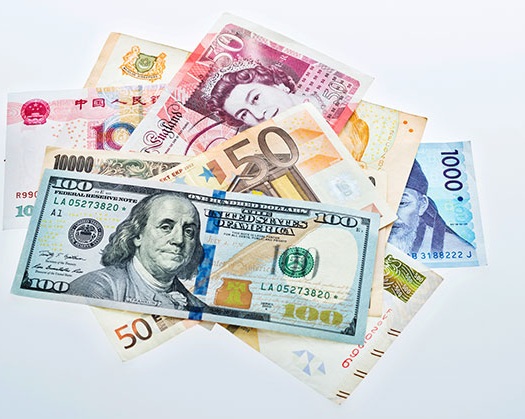The traditional markets in the Muscat Governorate serve as both commercial and cultural landmarks deeply embedded in Omani history, blending the essence of heritage with contemporary commerce to showcase the cultural identity and distinctiveness of Omani society. These souks act as lively hubs that bring together sellers, artisans, and shoppers of all ages, making them key attractions for visitors and tourists. Notable souks include Mutrah Souk, Seeb Souk, Friday Market, and Ruwi Souk, each offering its own distinct character and experience.
Muttrah Souq - The Oldest and Most Renowned Souq
Muttrah Souq stands as the oldest and most famous souq in Oman, with a history spanning over two centuries. It showcases a vibrant past through its narrow alleys and closely situated shops that offer a variety of goods, including jewellery, gold, traditional attire, perfumes, frankincense, Omani luban, antiques, gifts, handicrafts, and handmade items. This souq boasts 1,274 commercial shops, establishing a dynamic center for shopping and community engagement.
A section of the souq is referred to as the ‘Dark Souq’ due to its numerous alleys and passages shaded by wooden canopies, providing visitors with a unique experience akin to strolling through a museum. This market stretches from Masjid Al Rasool Al A’dham to the two gates of Khor Bemba Muttrah (Muttrah Darwaza) and is renowned for its embroidered fabrics, traditional jewellery, and artistic creations that captivate visitors with their beauty and craftsmanship.
A trip to Muttrah Souq is also complemented by a visit to the nearby Attarin Souq, located to the east of the Dark Souq, which offers the finest frankincense, perfumes, luban, and natural herbs utilized in traditional medicine.
These markets are in proximity to the Rahbiyyin Souq, which features adjacent shops that provide a variety of spices, nuts, dates, Omani coffee, and other food items that draw shoppers from both the local area and beyond the governorate.
Seeb Souq: A Hub of Commercial Variety in the City Centre
Seeb Souq stands out as the most varied market in Muscat Governorate, covering around 5,200 square meters and housing 125 commercial outlets along with 28 tabrizas. It encompasses multiple sections, including garments, accessories, perfumery, frankincense, spices, and specialized markets such as those for vegetables and fruits, meat, fish, and coffee. This market serves as an ideal daily shopping venue for families and residents, recognized for its competitive pricing and wide range of products. Additionally, the traditional atmosphere reflects the essence of the location, providing a distinctive visiting experience.
Friday Market: A Lively Weekly Gathering Spot
Held in Wadi Al Kabir on Fridays, this market is considered a traditional consumer hub that meets all visitors' needs, offering both new and second-hand items at competitive rates. Operating from early morning until 9 PM, it is particularly popular during special occasions, especially during Eid al-Fitr and Eid al-Adha, transforming into a seasonal traditional Eid market. During these times, it becomes a lively and festive center. This souk exemplifies popular markets and resembles seasonal markets that enhance commercial activity and present various options at reasonable prices. It allows local vendors and artisans to showcase their products and start small businesses through market stalls. Consequently, this market introduces a social and cultural dimension that links people to their heritage while creating an enjoyable and vibrant shopping experience.
Ruwi Souq: A Hub of Services and Goods
Ruwi Souq stands out as one of the most vibrant and bustling markets in the Muscat Governorate, situated between the Hamriyah Roundabout and the Ruwi Roundabout. It features a diverse array of shops, including those selling gold and jewelry, textiles, clothing, exchange services, travel and tourism agencies, electronics, banks, and stores for household items, as well as art and glass production. This souq caters to the local population and serves as a cultural crossroads for various nationalities.
Markets and the Memory of Place
The traditional markets in Muscat Governorate are distinctive and appealing. They embody the social and cultural essence of Omani society. These markets provide income for artisans and shopkeepers, enhance economic growth and community engagement, and generate employment opportunities. They also showcase the city’s humanization and social diversity, addressing various needs and lifestyles, which are closely tied to the memorable experiences of the place, highlighting the uniqueness of Omani society and its capacity to blend traditional heritage with modernity. Consequently, these markets are essential destinations for both shoppers and tourists, bolstering the economic and cultural significance of Muscat Governorate.

